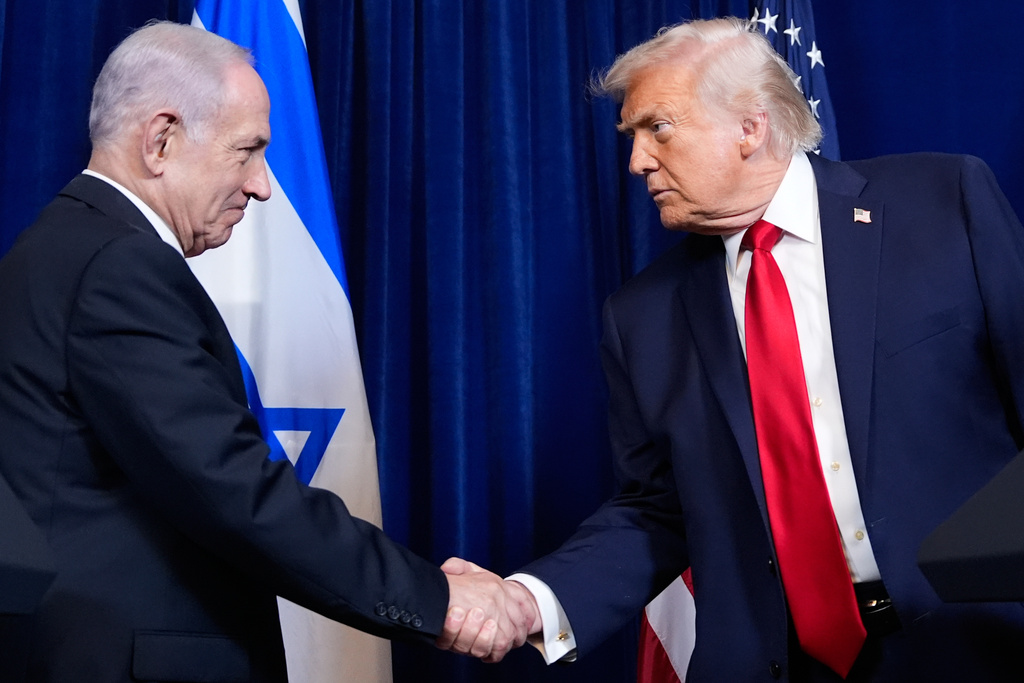Late last week, news broke of a mandatory quarantine for people traveling to New York, New Jersey or Illinois from areas affected by the Ebola outbreak.
FOX NEWS: "Requiring a mandatory 21-day quarantine for anyone, including healthcare workers, who have been in direct contact with Ebola patients in West Africa."
CNN: "This new development comes as New York City heath officials continue to urge calm as they look for anyone who has contact with Dr. Craig Spencer, the city's first Ebola patient."
But one point missing from a lot of the coverage is an explanation of what a quarantine is and what the mandate could mean for doctors coming back from Ebola-stricken countries. So, let's set the record straight.
We'll start with the Centers for Disease Control and Prevention. It makes an important point: there's a different between isolation and quarantine. "Isolation separates sick people with a contagious disease from people who are not sick," while "quarantine separates and restricts the movement of people who were exposed to a contagious disease to see if they become sick." So a quarantine includes, but is not limited to, isolation and involves those who have yet to show symptoms.
So for example, Thomas Duncan, the first person diagnosed with Ebola in the U.S., was in isolation in the Dallas hospital — keeping a sick person away from the non-sick. (Video via KPRC)
Duncan's family, who shared their apartment with him while he was showing symptoms, was put under quarantine. That means they could not legally leave their apartment or have any visitors. Anything the family needed was delivered to them and police continuously surveyed the area. (Video via KTRK)
NPR talked to a health professor who explained, "When you have a really sick patient, like someone who has symptoms of Ebola ... they take care of a person in an isolation room in a hospital and use all kinds of infection control practices and patients usually want that. ... Only in a handful of cases do you have the possibility of involuntary isolation."
Which brings us back to the newly implemented involuntary regulations in New York, New Jersey and Illinois.
Under these controversial guidelines, anyone who comes in contact with an Ebola patient in West Africa and then travels to one of those three states must undergo a mandatory 21-day isolation — forced to stay in the hospital even if they've tested negative for the virus on the chance it could develop later.
These regulations go far beyond what the CDC recommends — which is to wait for isolation until after a traveler begins showing symptoms. An analyst for MSNBC explains one possible reason for the strict measures.
"People are really anxious about Ebola ... and so implementing these measures to provide that assurance to the public is probably helpful for our collective psychological health, even if it's not strictly necessary from an infection control standpoint."
But that stance could raise a whole different issue — possible human rights violations.
The executive director of the American Civil Liberties Union of New Jersey explained to The New York Times, “Mandatory quarantine of people exhibiting no symptoms and when not medically necessary raises serious constitutional concerns about the state abusing its police powers. ... Ebola is a public health issue, and the government’s response should be driven by science and facts and not by fear.”
Kaci Hickox, a nurse who was working with patients in Sierra Leone, is the first to experience the strict regulations. According to Hickox, she was isolated for about seven hours at Newark airport before being escorted by eight police cars to the hospital.
Hickox initially displayed a slight fever and was tested for the virus — but her fever subsided and the test came back negative. Regardless, she will have to stay in an isolation unit for a full 21 days.
NJ.com talked to the 33-year-old's mother, who said Hickox is being treated as though she has Ebola, confined to an isolation tent outside the hospital without a TV, shower or books. Also, her waste is being bagged as a precaution.
Hickox, who is from Texas and was in New Jersey for a connecting flight, has openly displayed her disdain for the policy, saying dogs are treated better. Saturday, The Dallas Morning News published a scathing essay by Hickox describing her time at the hospital: "I sat alone in the isolation tent and thought of many colleagues who will return home to America and face the same ordeal. Will they be made to feel like criminals and prisoners?"
That's a sentiment we're likely to hear again as more people are affected by the mandate. New York Magazine points out a past study that found isolation can lead to depression and PTSD. The researcher who published those findings explained, "In terms of PTSD, it was a lot of anxiety, a lot of nightmares. ... And in terms of depression, it was that feeling of being completely alone and isolated, with that concern of 'Would someone be there for me if I got sick?'"
There is concern the new regulations could discourage health care workers from visiting West Africa to help stop the outbreak that is now responsible for the deaths of nearly 5,000 people.










